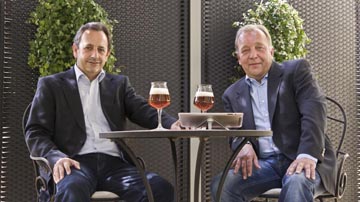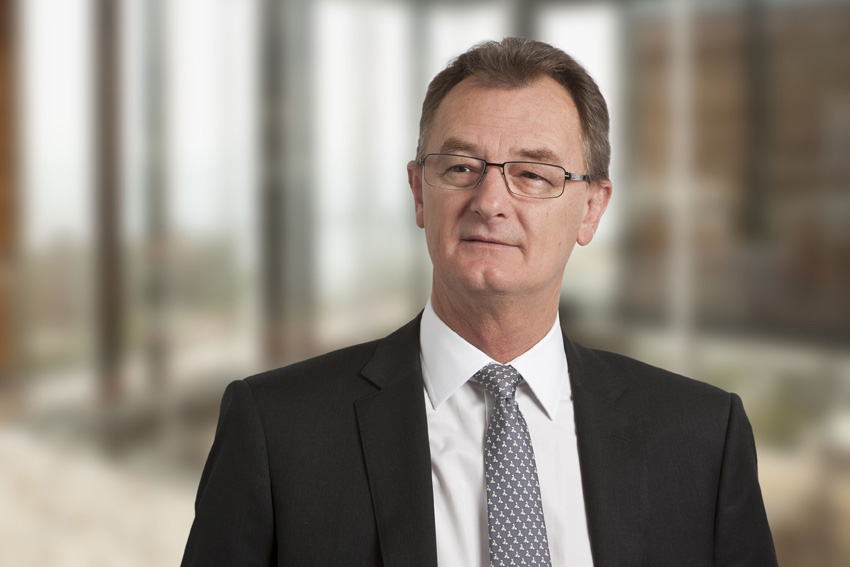The acreage for spring barley in Europe will be larger this year. Regional winterkill made an impact. The real dimension of the enlargement is yet unknown. Furthermore it remains to be seen if brewing barley can be harvested.
On March 30, 2012 GEA PHE Systems Scandinavia AB has been merged with GEA EcoServe Scandinavia AB and GEA Exos Ventilation AB and has been renamed to GEA Heat Exchangers AB. Registered office will continue to be Ystad, Sweden.
Proven right again. As early as 2007 in an article called "The candidate" BRAUWELT International predicted that Alan Clark, currently Managing Director of SABMiller Europe, would be the most likely person to succeed Graham Mackay as CEO of SABMiller, once Mr Mackay chooses to take on a non-executive role with the brewer.
More than one in 12 alcoholic drinks sold in supermarkets, outside of promotions, would clash with UK government plans to ban sales of items priced below 40 pence (USD 0.65/EUR 0.50) per unit of alcohol, and cider would be hit the hardest.
The UK parliament’s International Development Committee (IDC) is seeking transparency from oil, gas and mining firms over the amount of tax paid in developing countries. A parliamentary inquiry is likely to press the UK government into signing an international agreement to force these companies to report on how much tax they pay to developing countries.
The first quarter reporting season is upon us. AB-InBev said on 30 April 2012 that it shipped 1.8 percent more beer and other drinks overall in the first quarter of 2012. The world’s biggest brewer reported its net profit jumped 75 percent, thanks to lower financing costs and taxes as well as higher beer sales. Its core profit (EBITDA) rose 7.4 percent to USD 3.55 billion. That was slightly below the average analyst expectation of USD 3.58 billion.
For more than ten years, Austria's biggest brewers refused to supply independent wholesalers with draught beer. An Austrian court, in early March 2012, decided that this was unlawful and moreover reeked of price fixing – despite the brewers' claims that hygiene and beer quality would have been at risk had the brewers not supplied the publicans directly.
Not sure if Red Bull gives wings to people, but lots of people give wings to Red Bull's turnover. Publishing its 2011 results in March 2011, Red Bull said a total of 4.6 billion cans of the energy drink were sold worldwide in 2011, representing an increase of 11.4 percent over 2010. Turnover rose 12.4 percent to EUR 4.3 billion year-on-year.
The puritans on the board of the Advertising Standards Authority lack any sense of irony, or on 10 April 2012 they would not have banned a radio commercial for Budweiser beer, after a complaint that it suggested that men who drink beer on a night on the town would be more likely to "pull" (ie attract the opposite sex) than .. than ... sadly the commercial would not say.
Why does Danish brewer Carlsberg plan to spend up to USD 1.2 billion to buy the 15 percent of Russia's Baltika brewery that it does not already own? Anybody in a rush? And why did it promise to pay so much (the maximum 1,550 rubles/USD 52 per share represent a 25 percent premium on the current stock price), although everyone and his dog know that the Russian beer market spells trouble?



